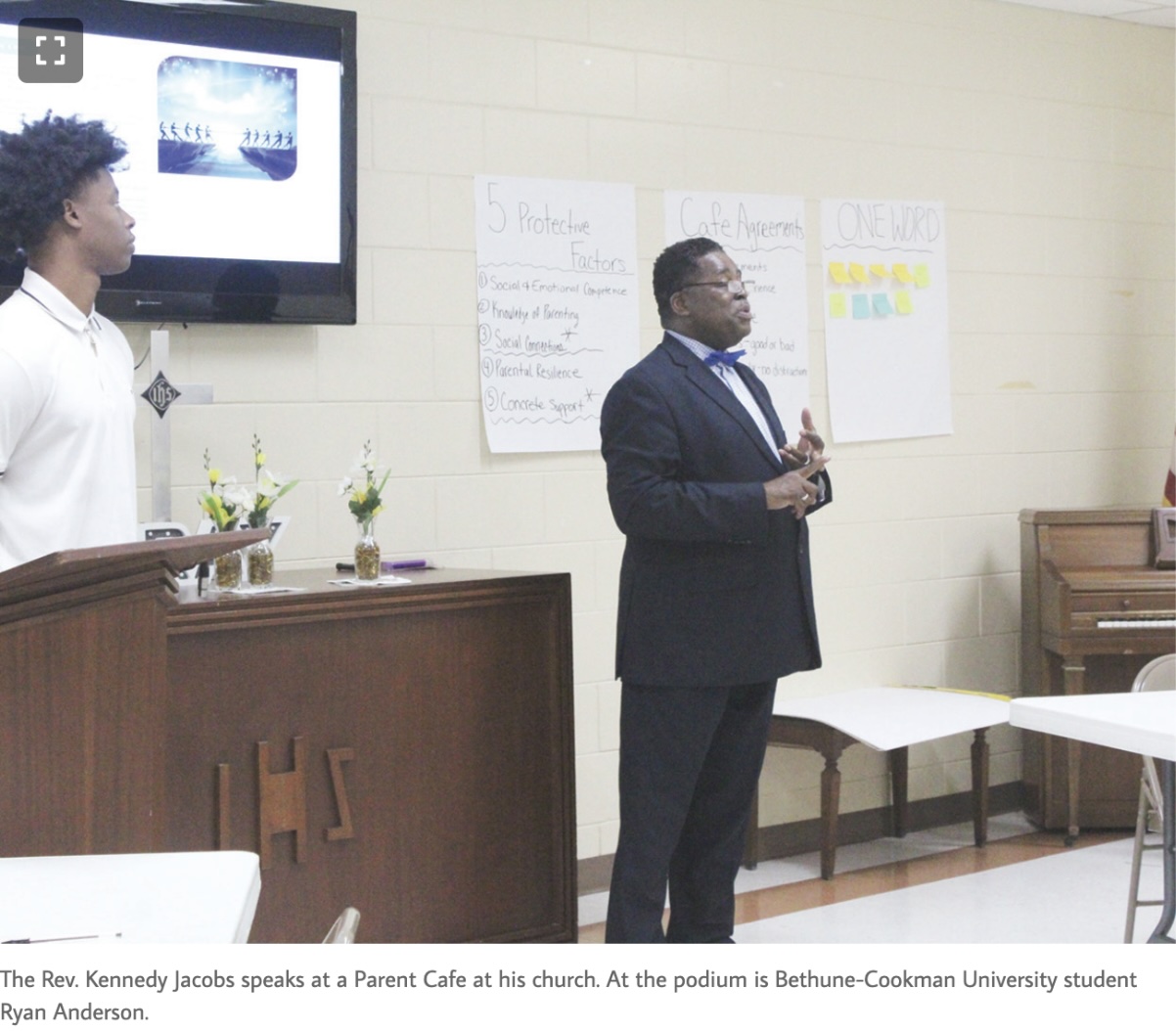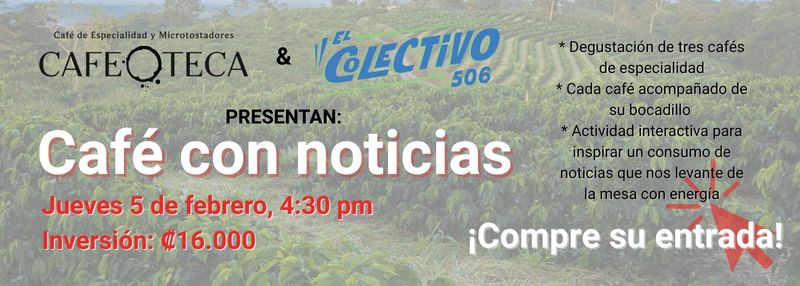Programs to address drug use can treat addiction and educate the public about the impact of drugs—but what would happen if such a program took a U-turn back to childhood to address the root causes of drug use?
Health officials in Volusia County, Florida, are getting parents together for just that purpose. A piece by Jasmine Hall for the Daytona Times, featured by the Solutions Journalism Network’s Storytracker, explains the simple practice of regular gatherings to talk about the hardest parts of parenthood in hopes of improving outcomes for children.
How does it work? Could it apply to Costa Rica? And does it meet solutions journalism’s REAL test: a response to a problem with evidence of impact, insights that others can adopt and implement, and limitations or caveats we can avoid?
Let’s take a look.
The problem:
Volusia County’s Parent Café project addresses parent well-being, but it grew out of a very different problem—the opioid crisis. According to the story, the county had $125,000 in funding to address opioid use, and was using it to educate and treat addiction. But according to training coordinator Dixie Vorgese, it became clear that effective action against drug use had to go to the root cause: adverse childhood experiences. Dixie quotes a 1990 study that “showed that domestic violence, abuse in the home and absentee parents often were triggers for children to turn to drugs.”
A response:
The Volusia County health department selected zip codes that included the areas with the largest number of drug overdoses, and launched a pilot of the Parent Café methodology pioneered by the Illinois-based organization Be Strong Families in 2007. The cafés are “small group conversations in safe spaces where parents and caregivers discuss the challenges and victories of raising a family,” the article states. Volusia has trained 55 people to facilitate the sessions; these trainers learn how adversity impacts family functioning, the importance of building protective factors, and how to engage families with the parent café activities. A local coalition of churches supports the program so that the cafés can be held at three local churches.
Evidence of impact:
Hundreds of programs in the United States and internationally have adopted the approach, reaching thousands of parents and families; more than 869 cafes have been hosted by over 96 participating agencies since 2019, and 96% of participants indicated they felt the café was a safe place and one where they could learn. However, the article does not list local evidence of impact for the Volusia program.
Adoptable insights:
Organizers decided to make some sessions closed so that facilitators could work more closely with specific parent groups facing big challenges. “Some parent cafes are not open to the public and are focused on residents in specific programs such as recovery residences and transitional housing,” the story states, paraphrasing Dixie Morgese. “They offer an opportunity to support parents going through difficult times in building the protective factors needed to be resilient, support their children’s development, access needed resources and cultivate social connections.”
Limitations or caveats to avoid:
Social worker Nadine Heusner says in the article that one challenge faced by the program has been lack of awareness about its existence. One way in which the program addressed this was to involve local university students as volunteers to hand out flyers and invite people to attend.
Who’s working on this in Costa Rica and Latin America?
There is a wide range of organizations that provide education and counseling for parents in Costa Rica—but are you a part of local community discussion groups like the Parent Café? We’d love to hear from you.
What questions, insights, and ideas do you have for how practices like this might grow in Costa Rica or Latin America? Write to us at [email protected] or via WhatsApp at +011.506.8506.1506.
Our “Why Not This?” mini-stories explore practices and initiatives that are achieving impact elsewhere, but have not yet been widely implemented in Costa Rica. As solutions journalists, we hope to provoke and join conversations about the local potential for these practices… and perhaps to generate ideas for future in-depth editions of El Colectivo 506.





